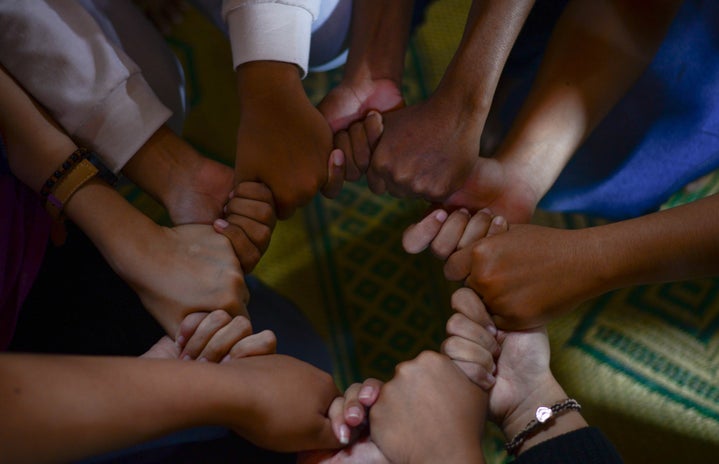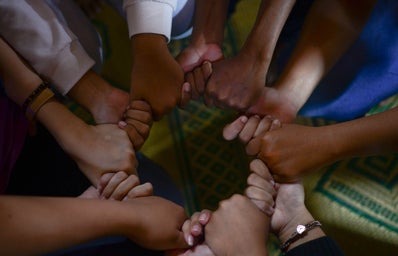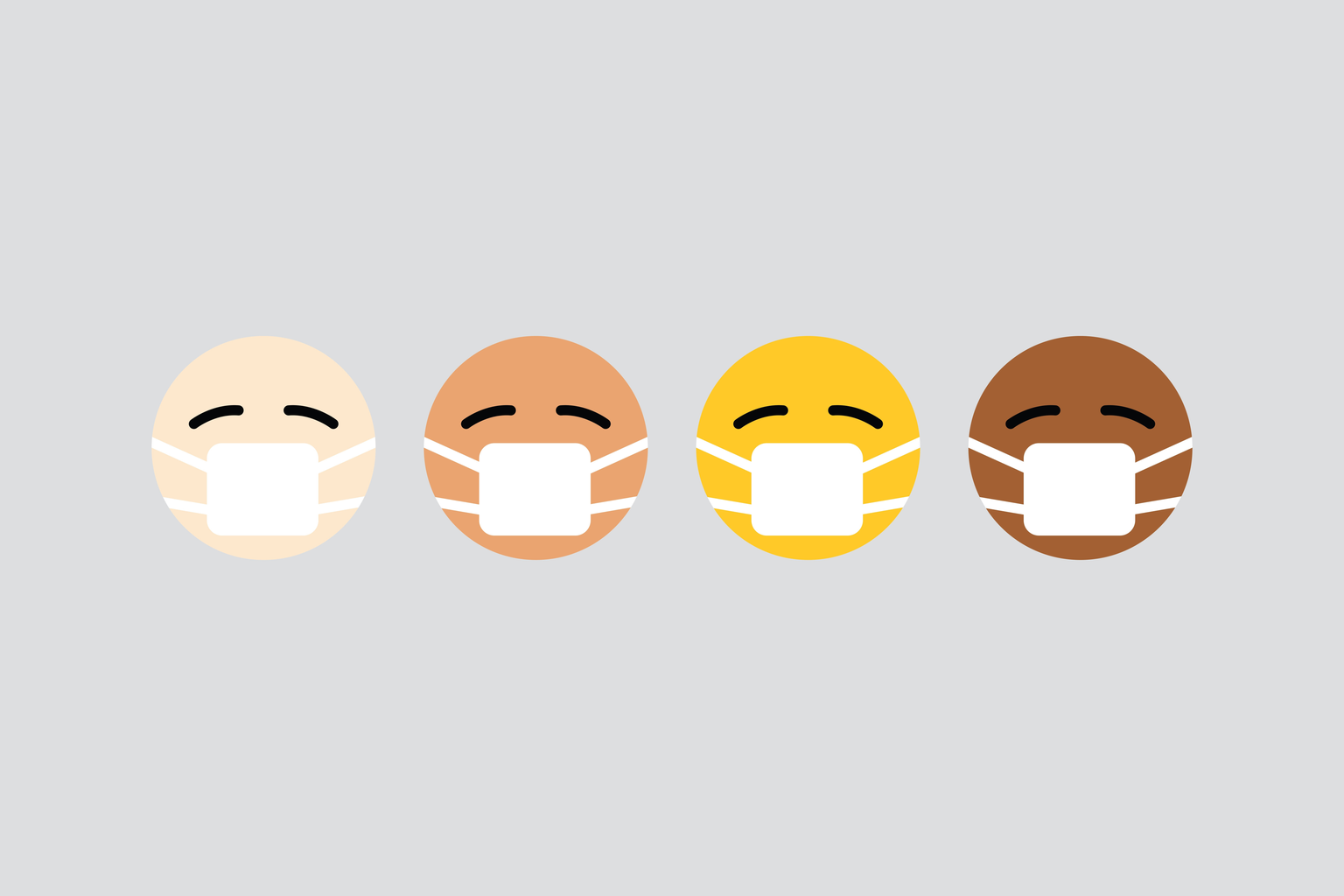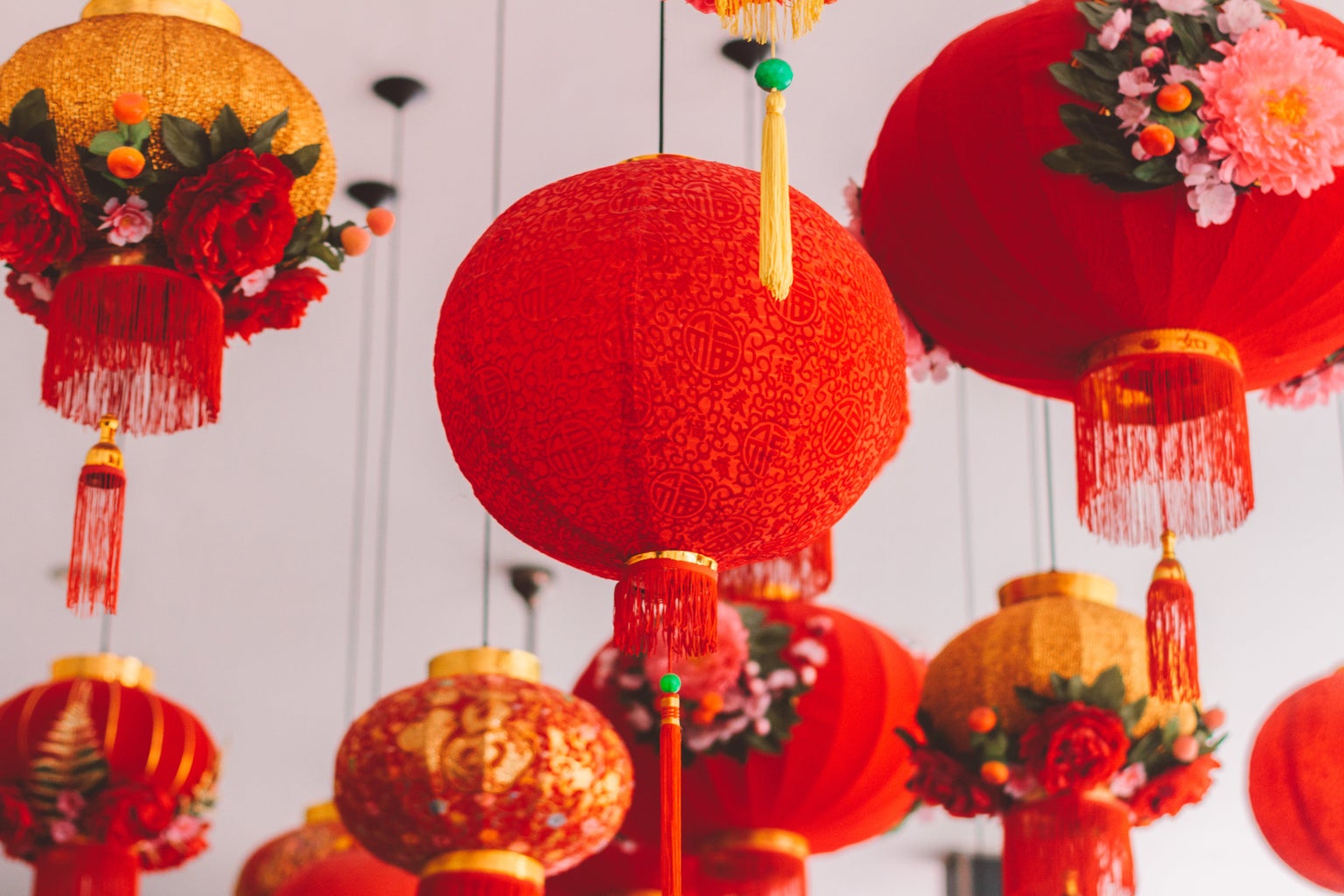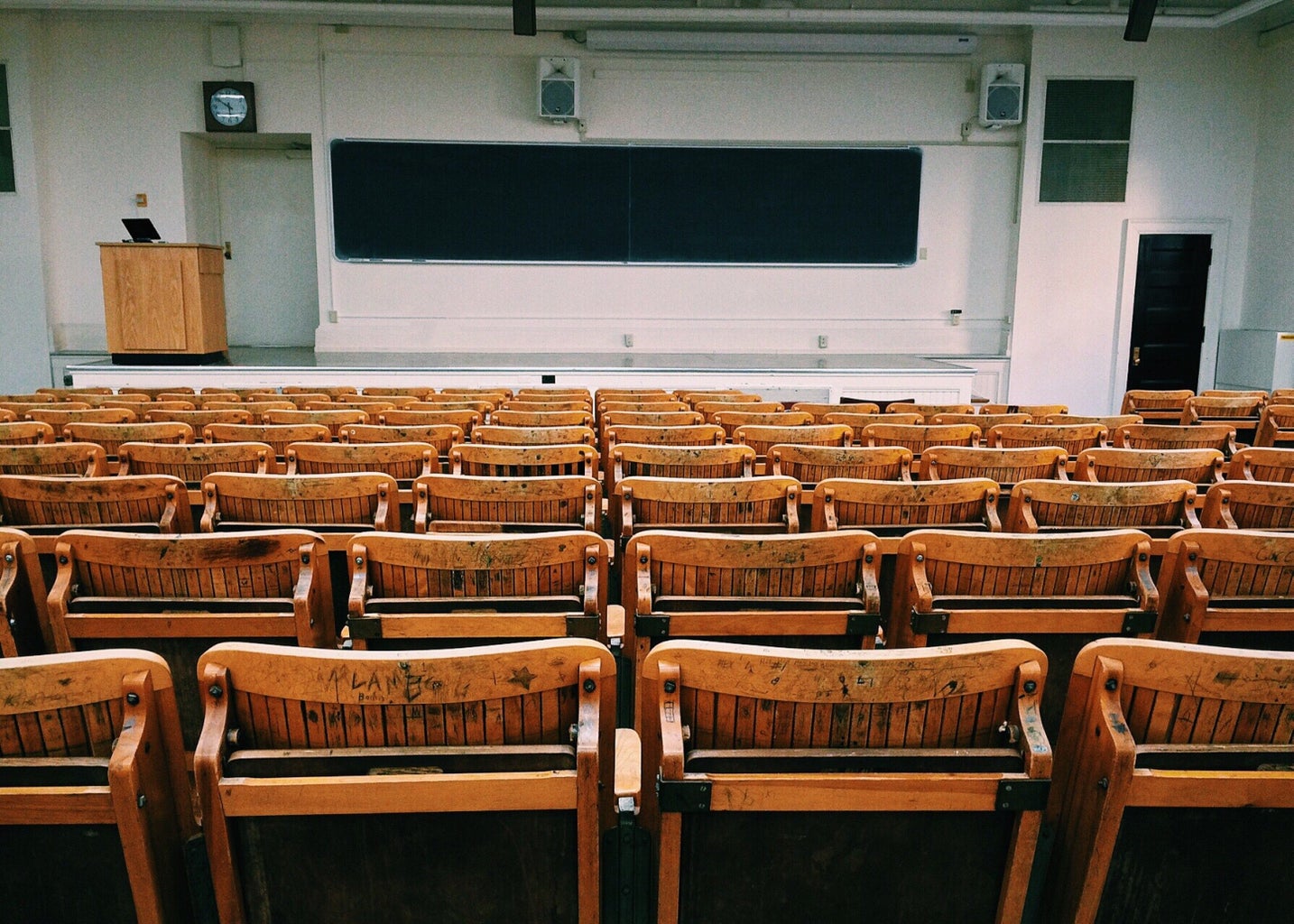How ohio university is working toward a more inclusive space for aapi communities
Lunar New Year, traditionally observed in Asian countries, began on Sunday, January 22. According to the lunisolar calendar, the Lunar New Year commemorates the arrival of Spring and the start of a new year. Growing up in a predominantly white community, I have learned very little about the Lunar New Year or any traditions of the Asian America/Pacific Islander communities. I am living with a foreign exchange student from Vietnam who has helped open my eyes to what it is like to be an AAPI student on the Ohio University campus
Historically, Asian Americans have faced discriminatory attacks in the United States. The most well-known acts of bigotry include the Chinese Exclusion Act of 1882, the World War II incarceration of Japanese Americans, and the 1982 death of Vincent Chin in Detroit. Asian Americans have once again become the target of hate crimes since the onset of the coronavirus pandemic. According to a report by Stop AAPI Hate, approximately 3,800 Asian Americans were subject to racially motivated violence from March 2020 to February 2021. Vivian Shaw, a Harvard College Fellow, and Jason Beckfield, a professor of sociology, initiated the AAPI COVID-19 Project in March 2020. Their most recent report found that Asian Americans are still dealing with these threats in their daily lives. These challenges have called for a shift in resources and representation for Asian Americans and Pacific Islanders.
College campuses across the U.S. are pressed with the issue of how to address these racial disparities and advocate for AAPI communities. Ohio University is a predominantly white institution. Asian Americans only account for 2% of the campus’ student population, not including international students. “We have minority students that feel like they live on the fringe of the majority,” said Dr. Salome Nnoromele, Interim Vice President of Diversity and Inclusion at Ohio University. In response to the surge of hate crimes, Ohio University’s Division of Diversity and Inclusion released a statement condemning AAPI hate in March 2021. “No matter who you are or where you come from, you are welcomed on this campus,” Nnoromele said.
The establishment of the Asian American and Pacific Islander Student Union was timely in its efforts to represent the AAPI communities. The AAPISU, formed in the summer of 2021, is the first of its kind at OU. “The increase in Asian hate crimes, the pandemic, and the last presidency encouraged students at Ohio University to create the AAPISU,” said Mimi Calhoun, Director of Communications for AAPISU. The identity-based group strives to be a safe space for AAPI students. “We are here to build a connection essentially. It is really important to have people who go through similar experiences, and look like you, to have a bond. We are here to be that place,” expressed Calhoun. The Asian American and Pacific Islander Student Union collaborates with two other organizations that were similarly formed in the summer of 2021; Athens Asian American Alliance and the Asian, Asian American, and Pacific Islanders: Leadership, Education, Advocacy, and Development. AAAA acts as the community program, and AAPI-LEAD serves as the OHIO employee group.
Social events play a vital role in gaining awareness and advocating for AAPIs. The three organizations appeared in OU’s annual homecoming parade in 2021 and 2022. “We actually had people in the crowd thank us for bringing the dragon to this town, so they don’t have to take their kids to the cities to be exposed to different cultures,” said Yi-Ting Wang, Vice President of AAAA and advisor for AAPISU.

Sharing stories of Asian American contributions to the Athens area is another way these organizations advocate and provide representation for these marginalized communities. One ongoing project is AAAA’s local history project. The project includes interviewing Athens residents of Asian descent and analyzing archives. “There is a lot of Asian American history here. We want to trace all of these stories of Asian American contributions to the community.”
Nnoromele states that on a larger scale, universities such as OU are getting involved in bringing awareness and offering resources to not only Asian Americans and Pacific Islanders but all multicultural students. The Make Respect Visible campaign, implemented in June 2021, hopes to encourage the community to engage in the conversation of inclusivity. The campaign is seen throughout campus via posters, attire, and other mediums. “When you are occupied in your own life, you don’t see other people. The Make Respect Visible Campaign forces you to look around,” Nnoromele expressed.
The Make Respect Visible campaign is primarily funded by the University Communications and Marketing, the Division of Diversity and Inclusion, and the Division of Student Affairs. Despite the campaign’s uplifting message, not all agree with the appropriation of funds. “I don’t think that decals about DEI were an important investment to make. I have had a lot of talks with my student union and other student unions. We would have much rather had those funds given to our organizations instead,” said Calhoun.
Yi-Ting Wang also comments on the impact of the Make Respect Visible Campaign. “Starting a campaign is always a good thing, but it takes a lot more. It takes mindful practices,” Wang continues, “The university is taking initiative. It is definitely a good start.”
OU experienced the largest freshman class in the fall of 2022. Nnoromele promotes the importance of the program LINKS. “LINKS is a program that provides support, mentoring, resources, and advising to multicultural students,” said Nnoromele. The self-selecting program aids first-year students from marginalized communities in navigating the freshmen experience. The program is required for participants in specific minority scholarships and programs. Asian Americans and Pacific Islanders are included in the list of communities that LINKS is offered to, however there are no programs or scholarships designated for AAPI students. “There are no scholarships or programs for AAPI students, which enforces the idea that AAPI students don’t need that support when there are Appalachian, Latino, and African American scholarships and programs,” stated Calhoun.
Wang and Calhoun both express that the work schools are putting in right now is only the beginning and that there are still things students can do to advocate for AAPI. One way Calhoun advocates for representation on campus is by encouraging students to report effectively on students of color, specifically, trying to avoid the “one and done.”
“It is really easy for editors in chiefs, managing editors, and people at the top to act as if they care about the issues they write about when they might not go fully into the issues they are reporting on,” Calhoun continues, “I feel like people report on issues and it’s a one and done. ‘Oh, I did this. I fulfilled a quota, and I am finished. We don’t need to report on this group anymore.”
According to a Pew Research Center analysis of the U.S. Census Bureau population estimates, Asian Americans are the fastest-growing ethnic group in the U.S. Wang calls attention to the significance of trending populations and preparing students for life out of college. “We need to ask our university if they are preparing our students for the changing societies,” Wang continues, “It is not just a question of representation, but are we helping our students to be ready to face a diverse workforce in this country.” Wang advocates for expanding and improving the course offerings in Asian American studies at OU.
Representation is an imperfect process that always has room for improvement. Ohio University and organizations such as AAPISU, AAAA, and AAPI-LEAD are working hard to advocate for AAPI communities. However, the process is only effective if students develop mindful habits. Nnoromele advises Athens residents to continue to share their stories and celebrate the stories of others. Calhoun encourages her peers to listen to the grievances of AAPI students and speak up on these issues. Wang invites the Athens community to show up and support one another with open minds and empathy. Nnoromele expresses that representation and inclusivity are essential components of OU’s campus. “We want to create a space where everyone feels seen, respected, and welcomed. That is the overarching vision that OU has.”
Source Contact Information
- Mimi Clahoun : mc300120@ohio.edu
- Salome Nnoromele : nnoromel@ohio.edu
- Yi-Ting Wang : wang7@ohio.edu
